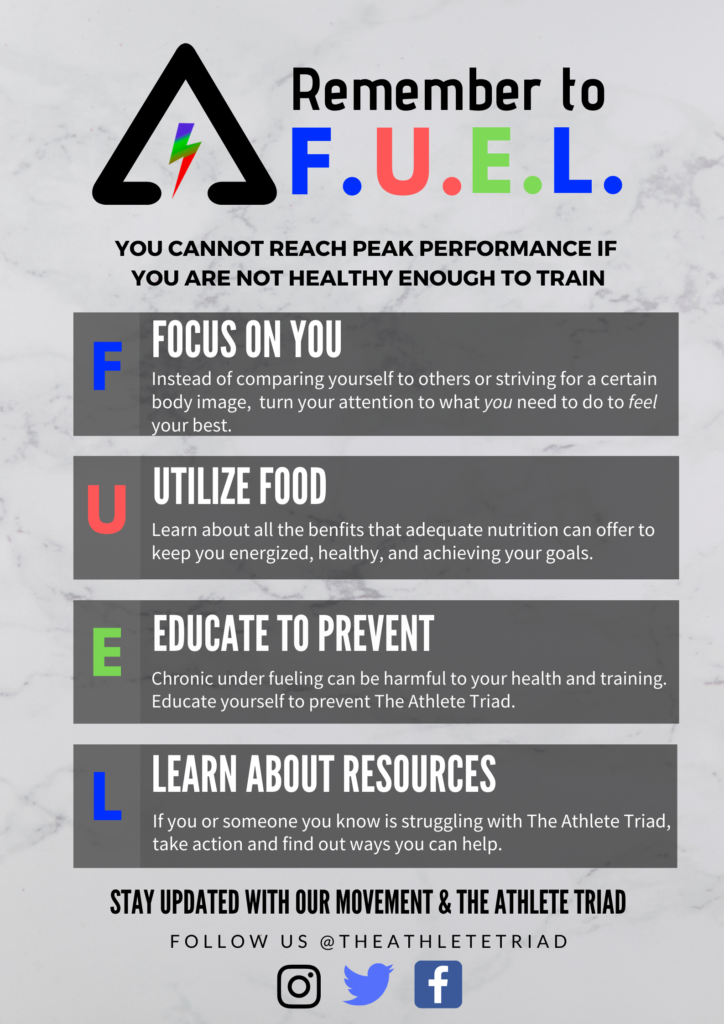When it comes to leading an active lifestyle, our bodies need proper fuel to keep us going strong. Whether you’re an avid runner, a yoga enthusiast, or a weightlifting champion, nutrition plays a vital role in not only enhancing your performance but also in promoting overall health. As a fitness enthusiast myself, I have experienced firsthand the transformative power of fueling my body with the right nutrients. In this blog post, I will discuss the importance of nutrition for fitness and provide valuable insights into how you can optimize your diet to support your active lifestyle.
First and foremost, it’s crucial to understand that proper nutrition is the foundation for any fitness routine. No matter how diligent you are with your workouts, if your diet is lacking, you won’t be able to perform at your best. Think of food as the fuel that powers your body. Just like you wouldn’t expect a car to run efficiently on cheap and low-quality gasoline, you can’t expect your body to perform optimally on a poor diet.
So, what does a well-rounded and nutritionally adequate diet look like for an active individual? Let’s break it down into macronutrients – proteins, carbohydrates, and fats.
Proteins are the building blocks of our body. They are essential for repairing and building lean muscle tissue, which is crucial for enhancing strength and endurance. Incorporate lean sources of protein into your meals, such as chicken, turkey, fish, tofu, eggs, and dairy products. If you follow a plant-based diet, opt for legumes, lentils, quinoa, and soy-based products, which are excellent sources of protein.
Carbohydrates are the primary source of energy for our bodies. They should make up a significant portion of your diet, especially if you engage in high-intensity workouts. Choose complex carbohydrates such as whole grains (oats, quinoa, brown rice), fruits, vegetables, and legumes. These provide long-lasting energy and essential nutrients like dietary fiber, vitamins, and minerals.
Next up is dietary fats. While fats have often been demonized, they are an essential macronutrient that our bodies need. Fats are necessary for hormone production, brain health, and the absorption of fat-soluble vitamins. Incorporate sources of healthy fats like avocados, nuts, seeds, olive oil, and fatty fish (such as salmon and mackerel) into your meals.
In addition to macronutrients, it’s vital to prioritize micronutrients – vitamins and minerals. These play a crucial role in maintaining overall health and aiding in recovery. Focus on consuming a variety of colorful fruits and vegetables to ensure you get a wide array of vitamins and minerals. Consider adding a daily multivitamin supplement to cover any potential gaps in your diet.
Hydration is another crucial aspect of nutrition for fitness. Staying properly hydrated is essential for optimal performance and recovery. Make it a habit to drink water throughout the day and increase your intake during intense workouts. Avoid excessive consumption of sugary drinks or alcohol, as these can dehydrate the body.
Meal timing also plays an essential role in fueling your active lifestyle. Aim to have a balanced meal containing a combination of protein, carbohydrates, and healthy fats within two hours before your workout. This will provide you with the necessary energy and nutrients to perform well. Additionally, consuming a post-workout meal (ideally within 30 minutes to an hour after exercise) will aid in muscle recovery and repair.
While the focus should be on consuming nutrient-dense foods, it’s also essential to note that indulging in moderation is crucial for a sustainable and enjoyable fitness journey. Allow yourself the occasional treat or splurge on your favorite dessert. Remember, balance is key.
Lastly, consulting with a registered dietitian or a certified nutritionist can provide personalized guidance tailored to your specific needs and goals. They can help you develop a meal plan that aligns with your fitness routine and optimizes your nutrition.
In conclusion, nutrition is the backbone of any active lifestyle. To reach your fitness goals and promote overall well-being, it’s vital to fuel your body with a balanced and nutrient-packed diet. Remember to prioritize proteins, carbohydrates, healthy fats, vitamins, minerals, and hydration. Develop a meal timing routine that works for you, and don’t forget the importance of treating yourself in moderation. By taking care of your body from the inside out, you’ll be well on your way to enjoying the benefits of an active and healthy lifestyle.
